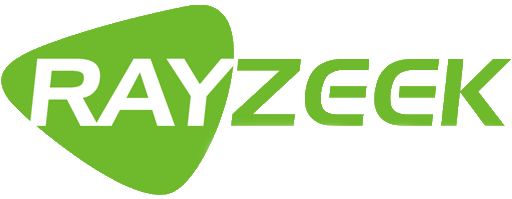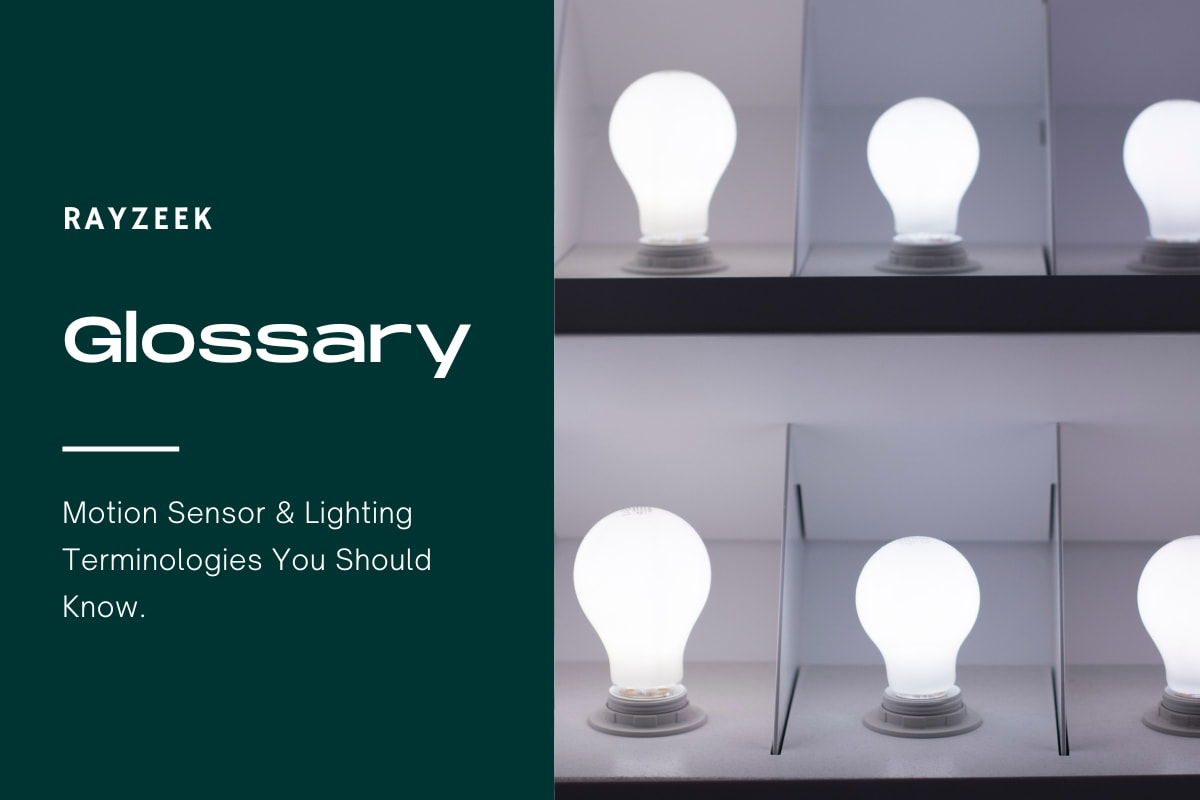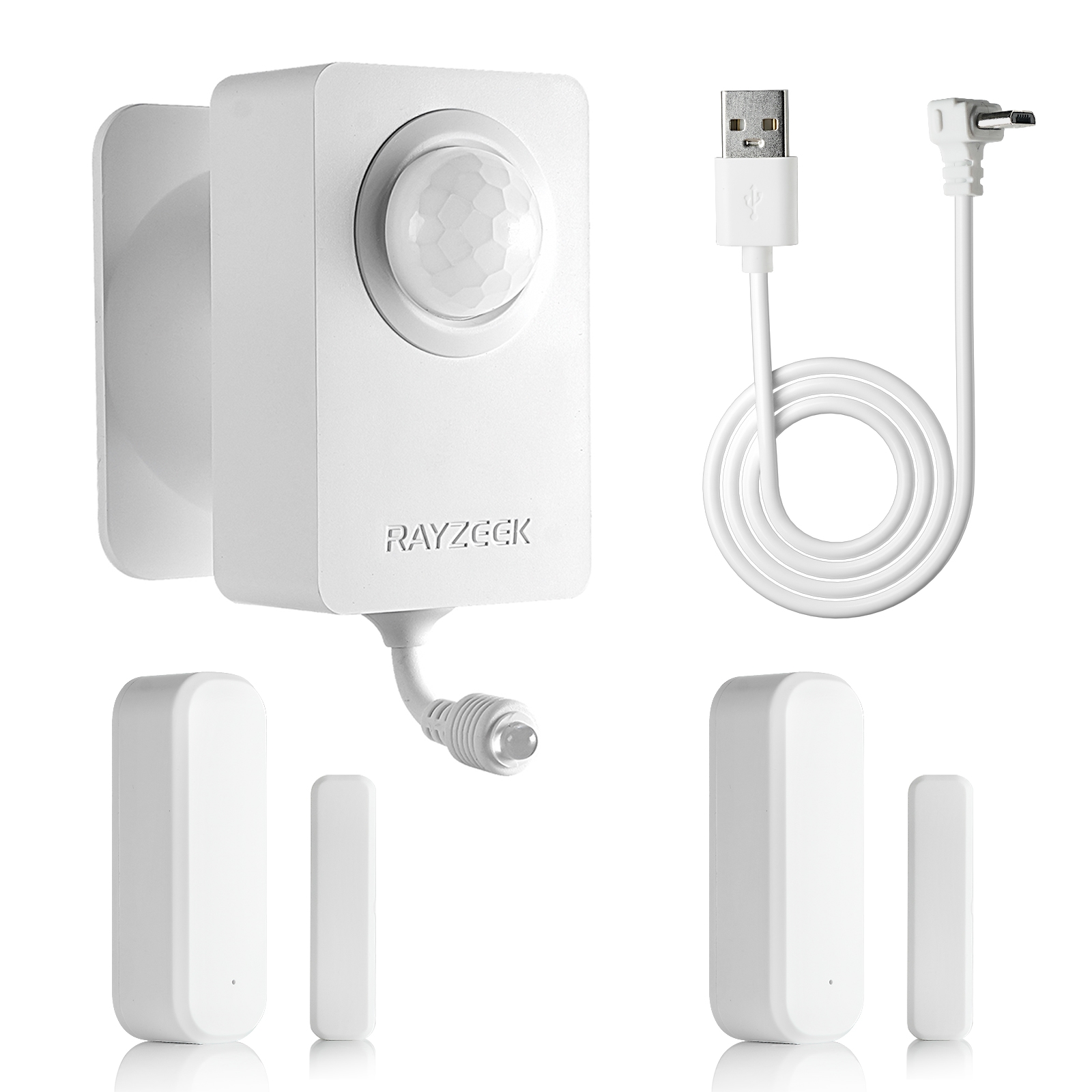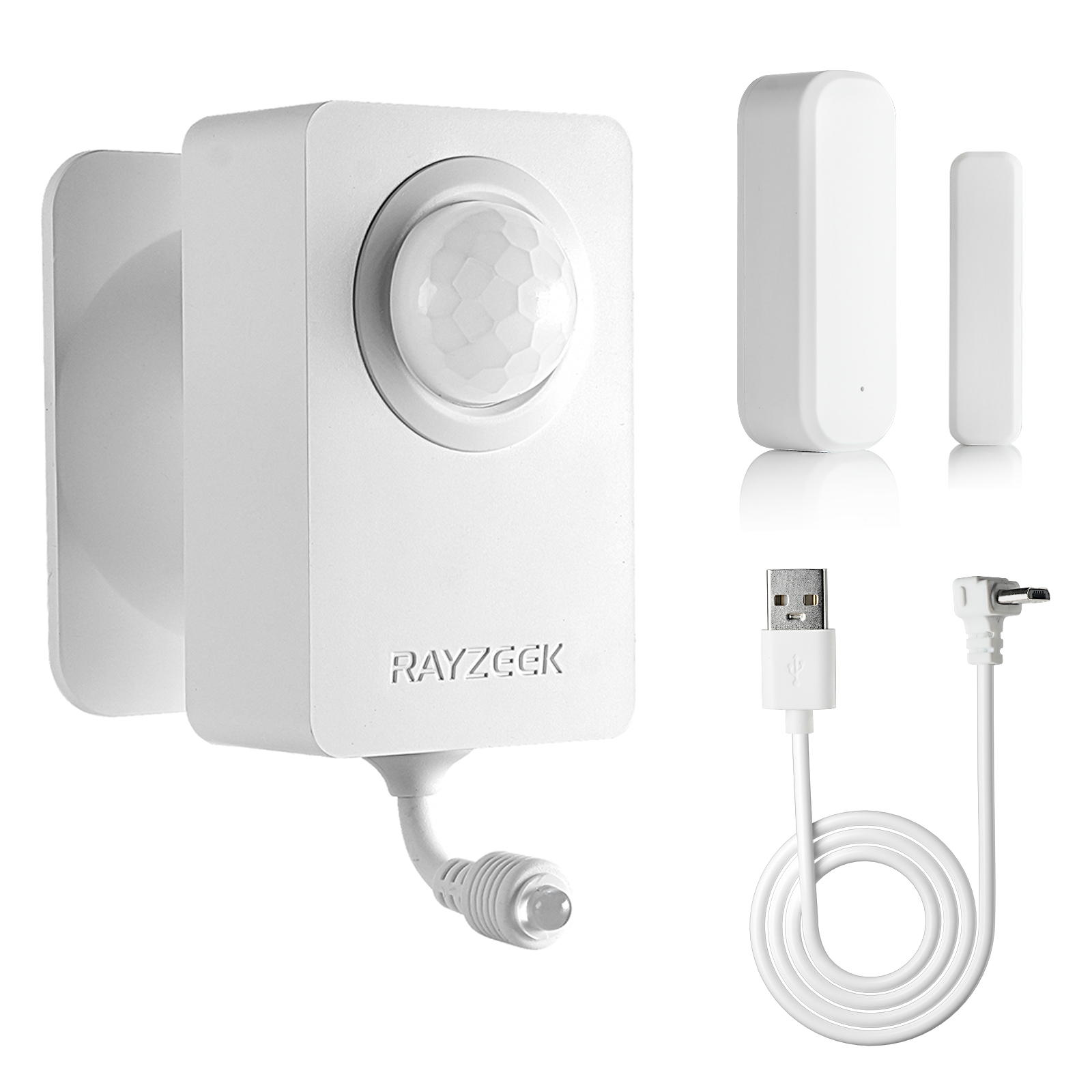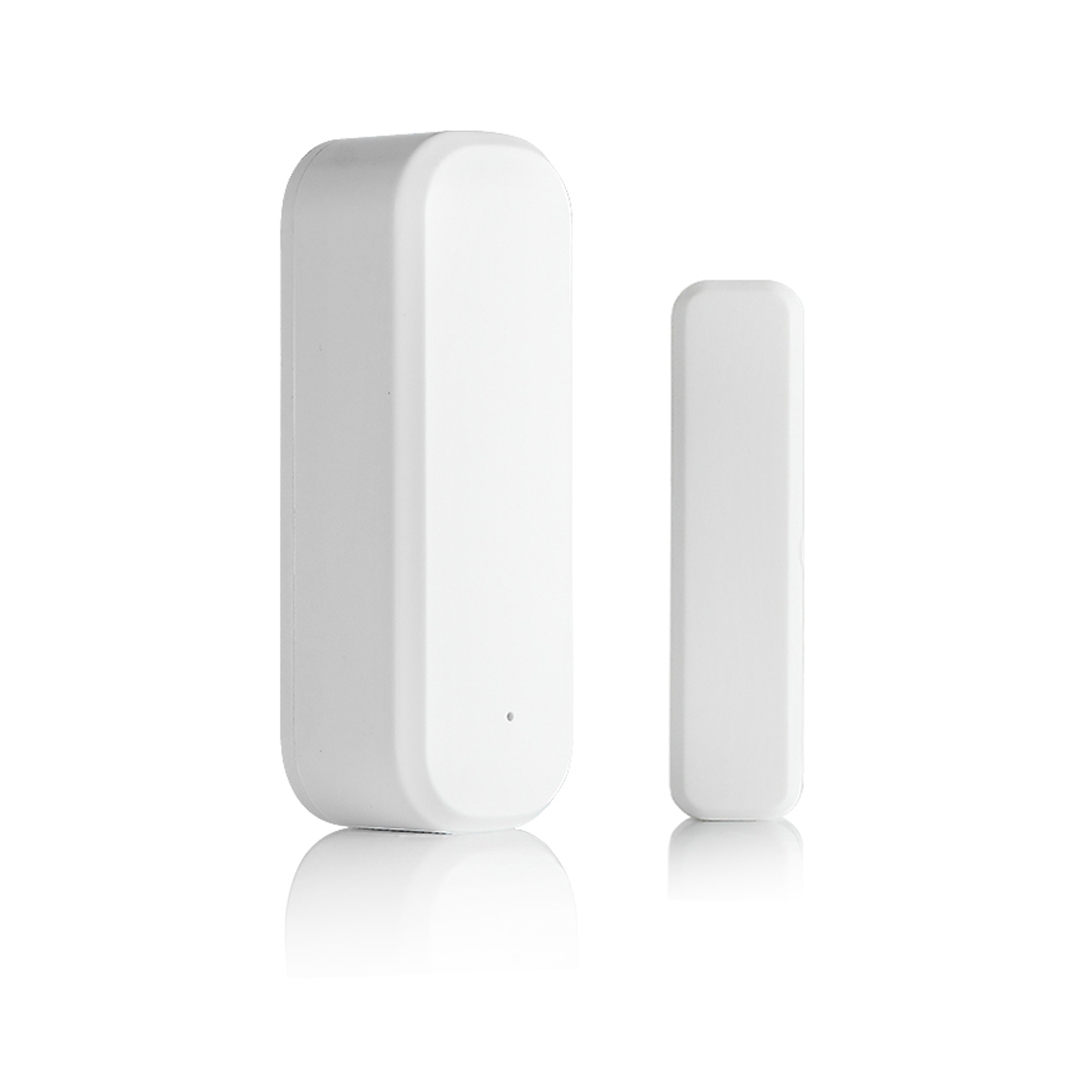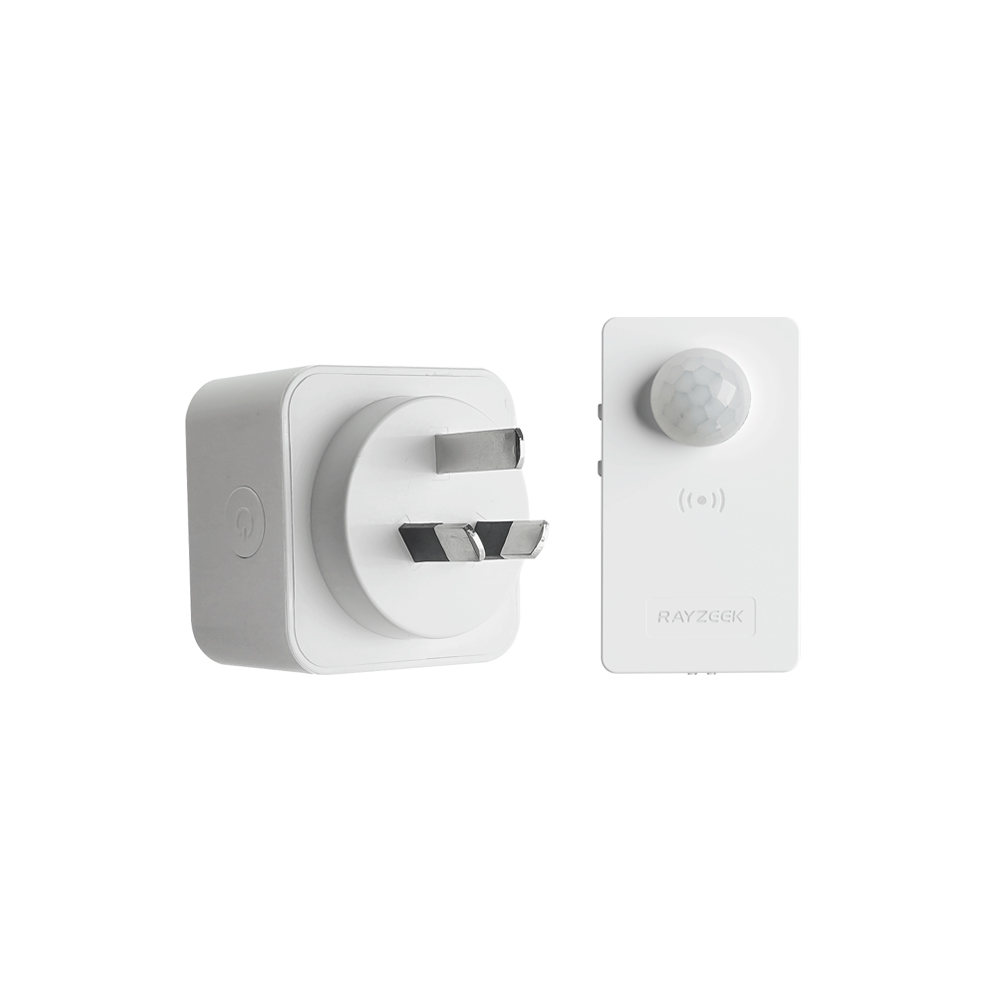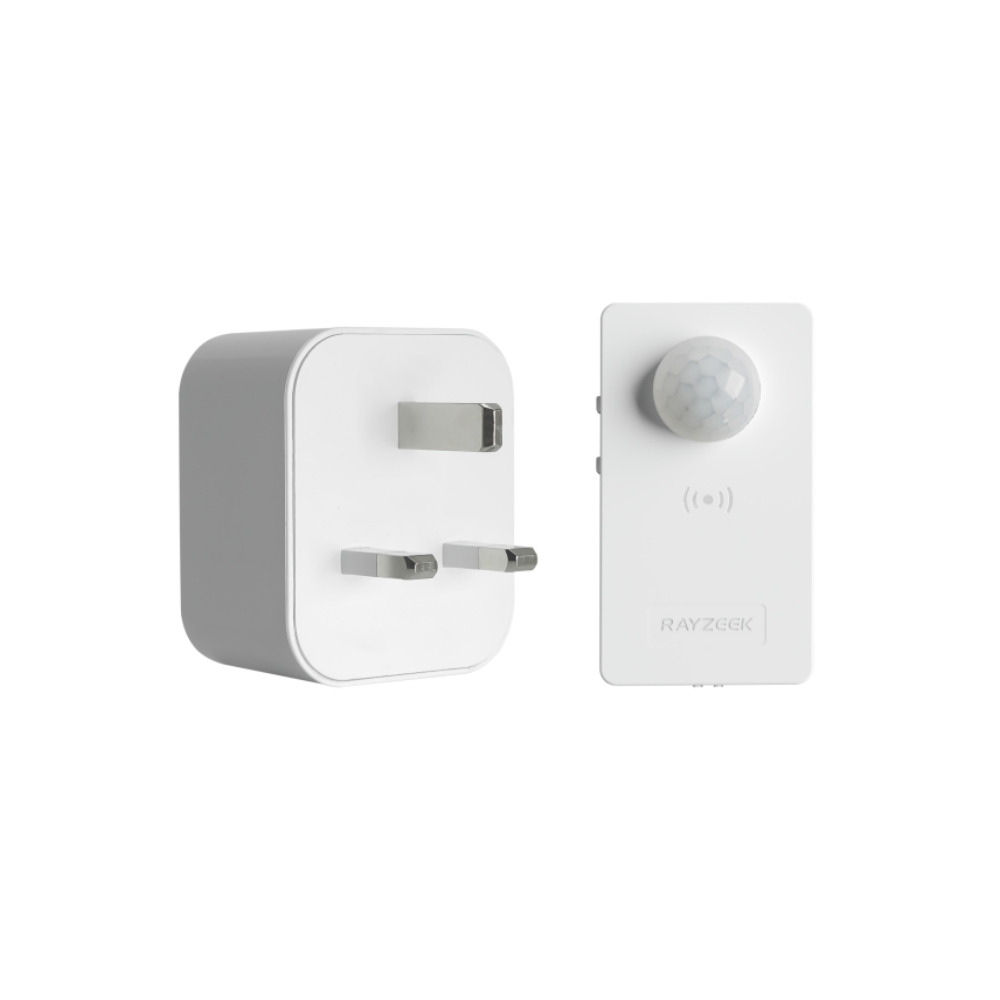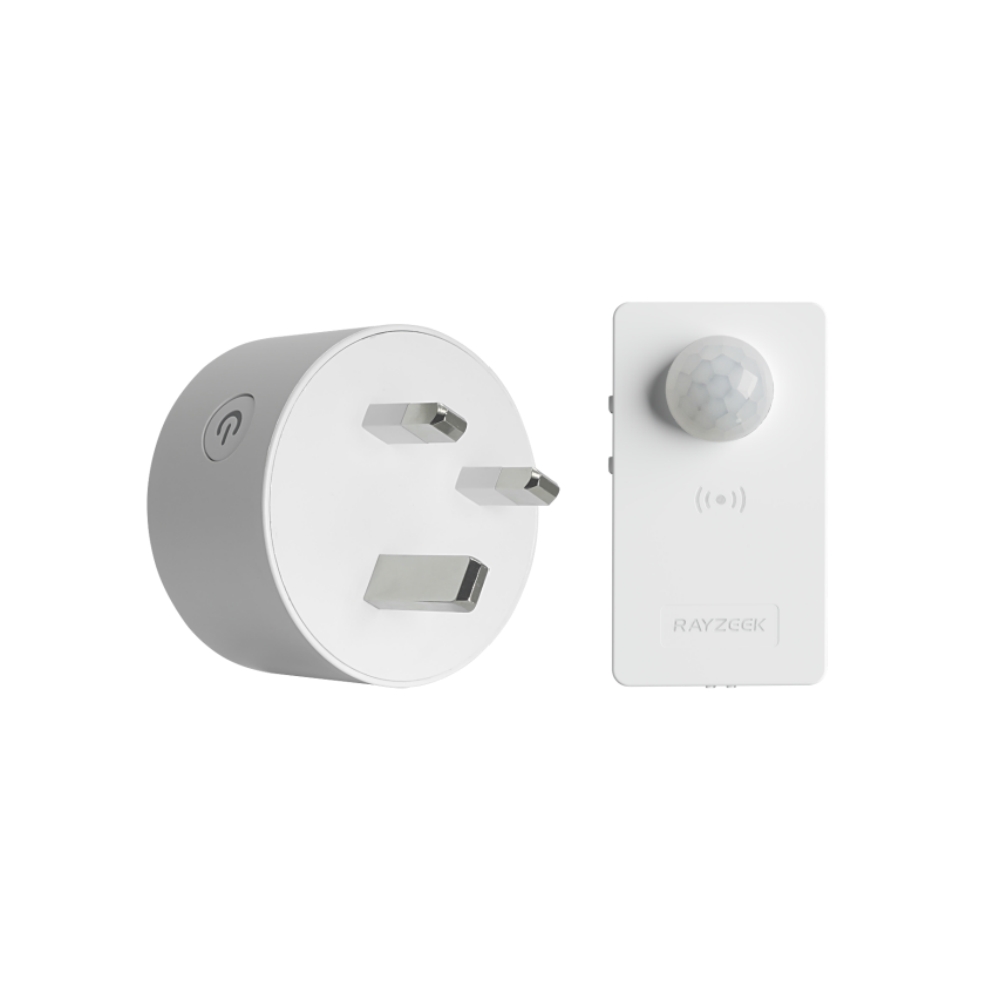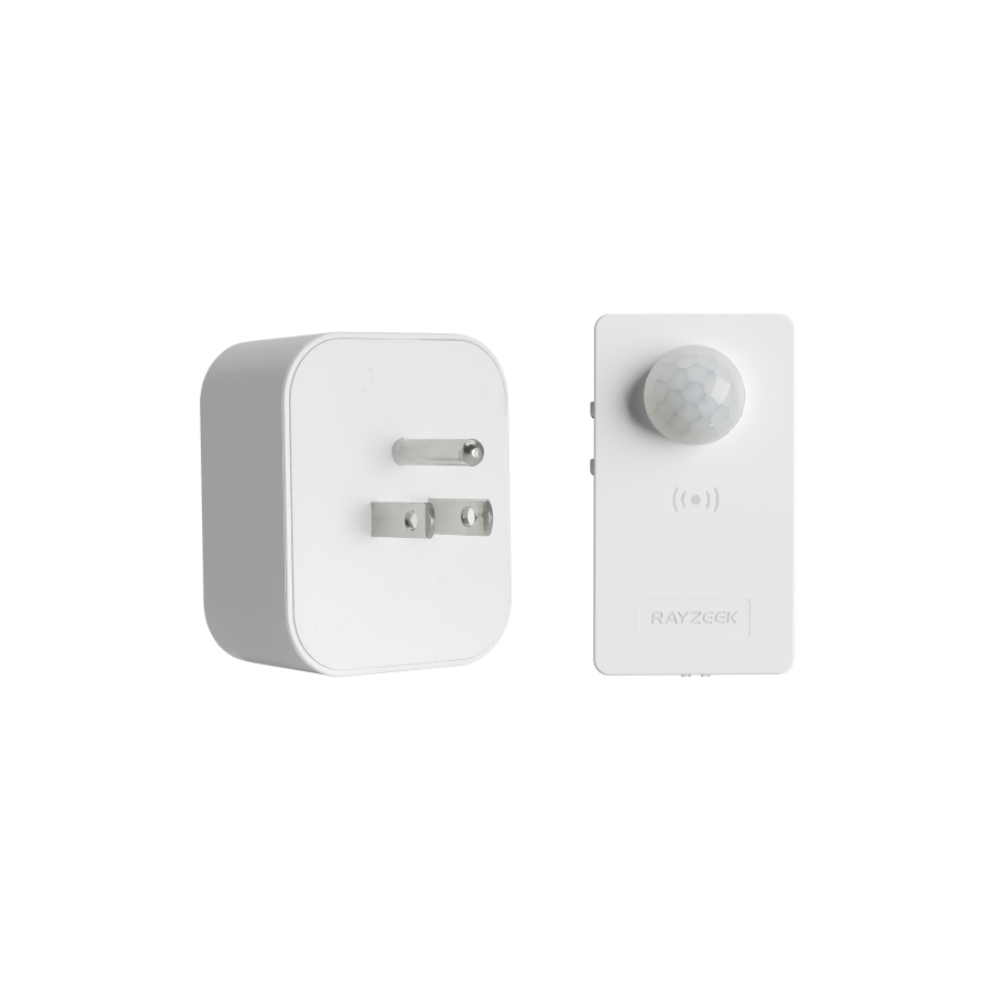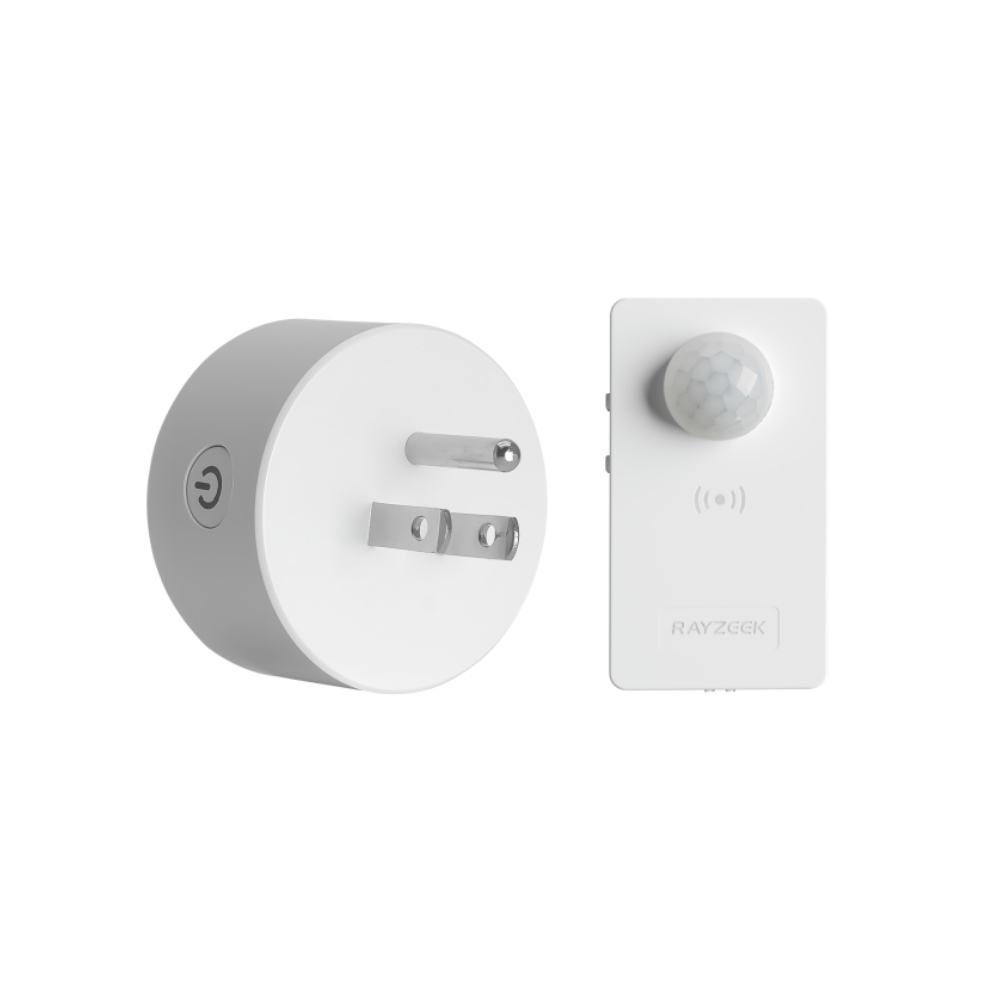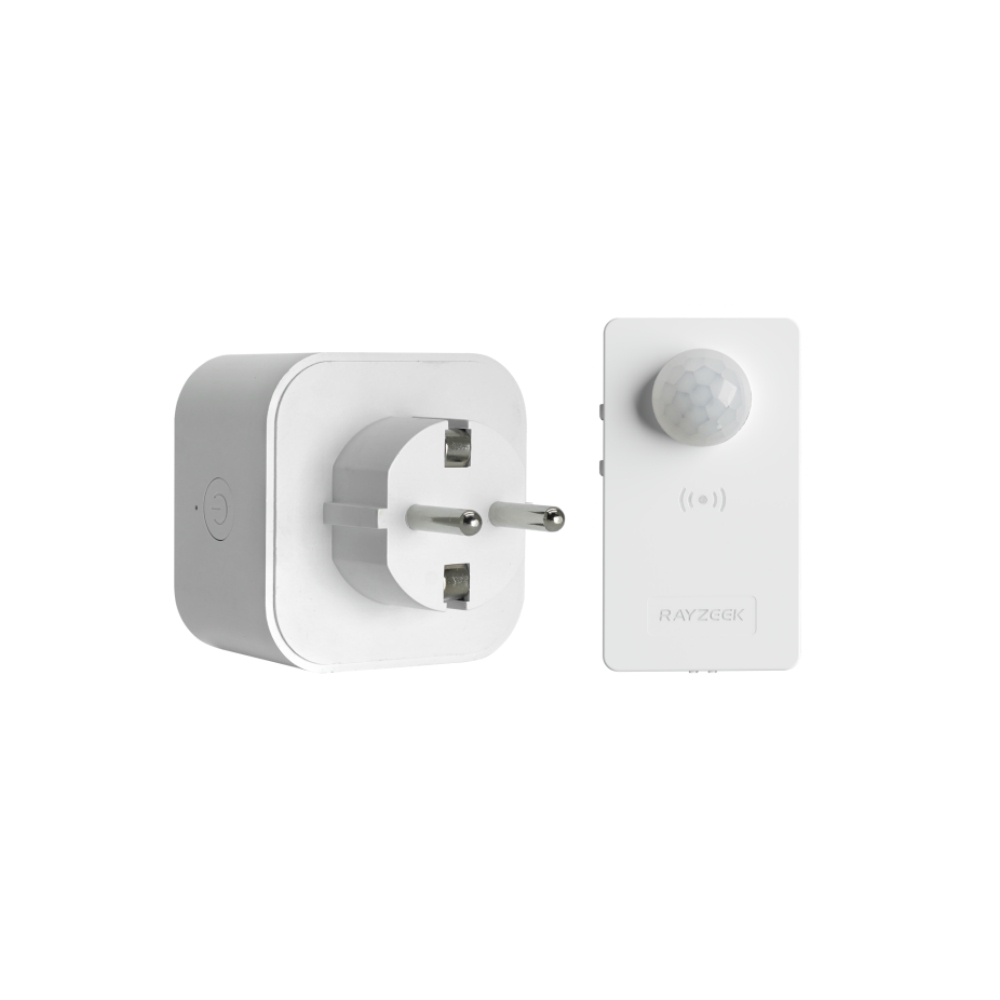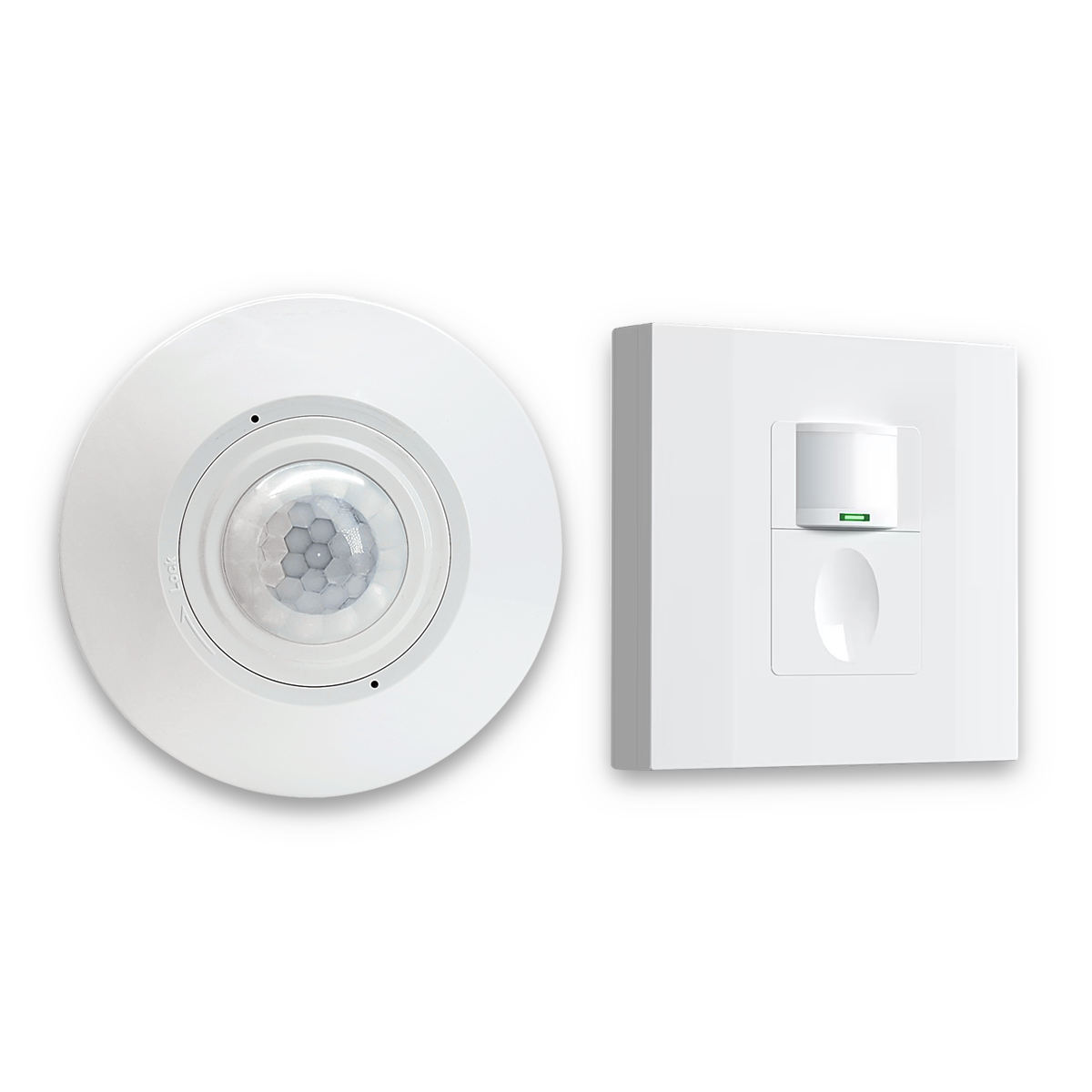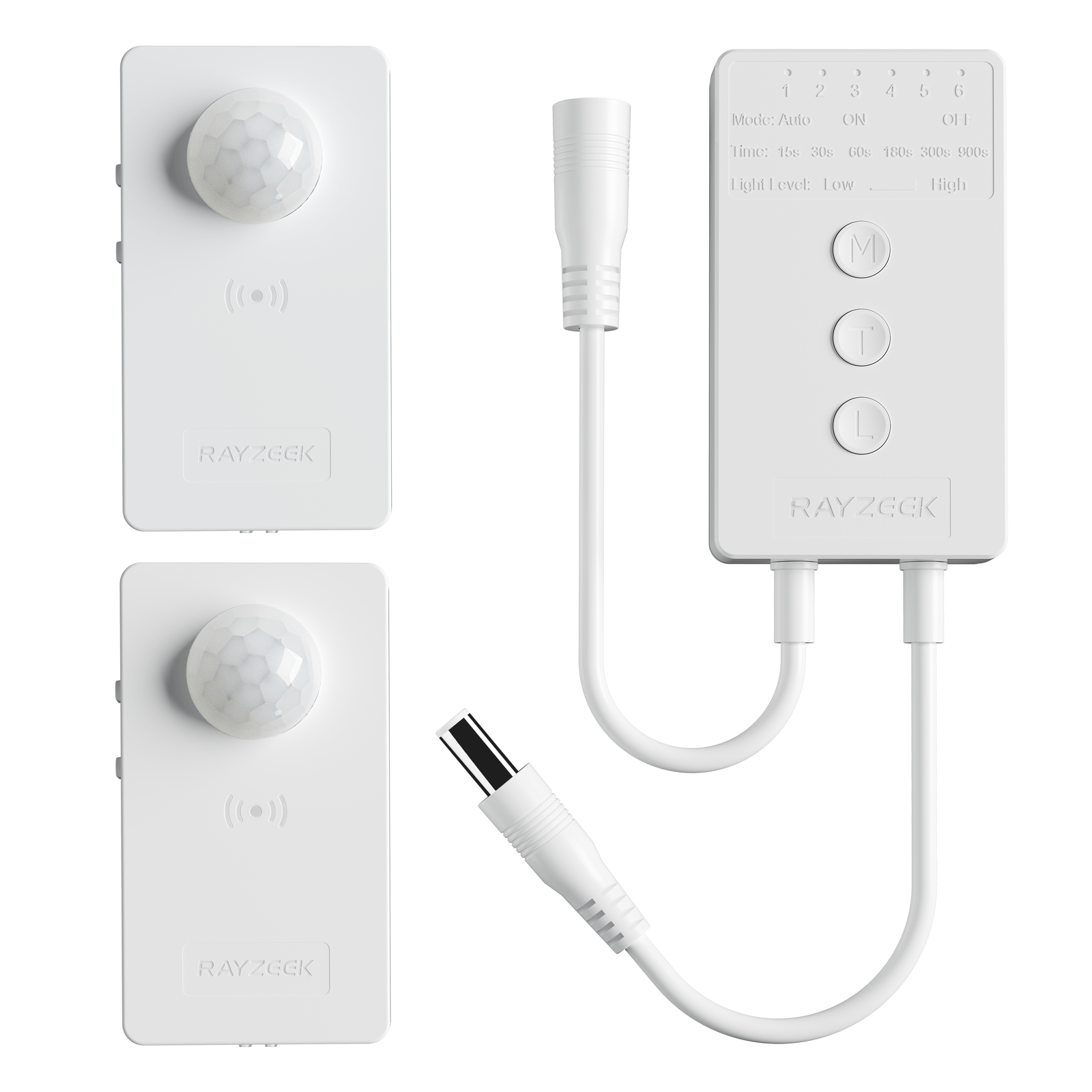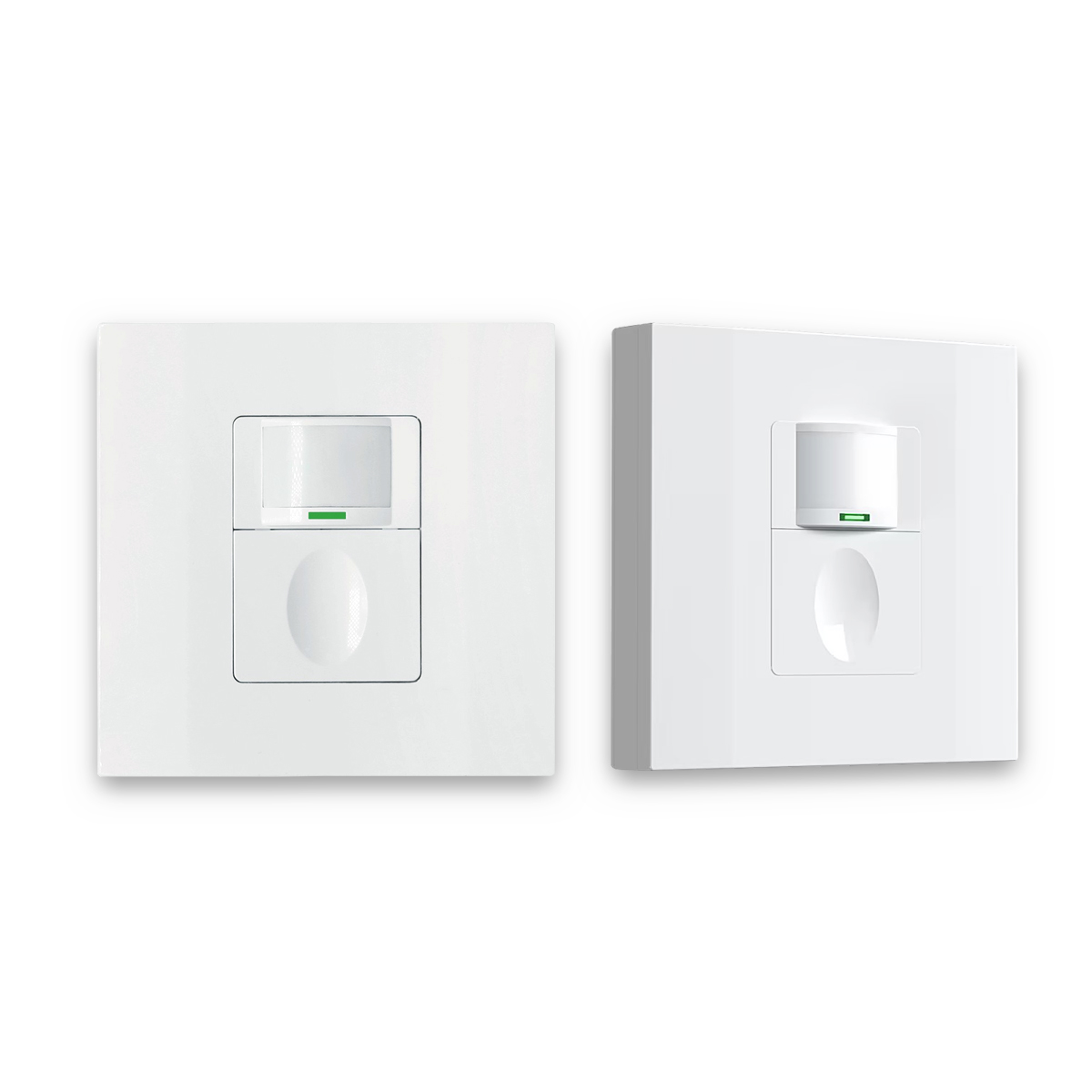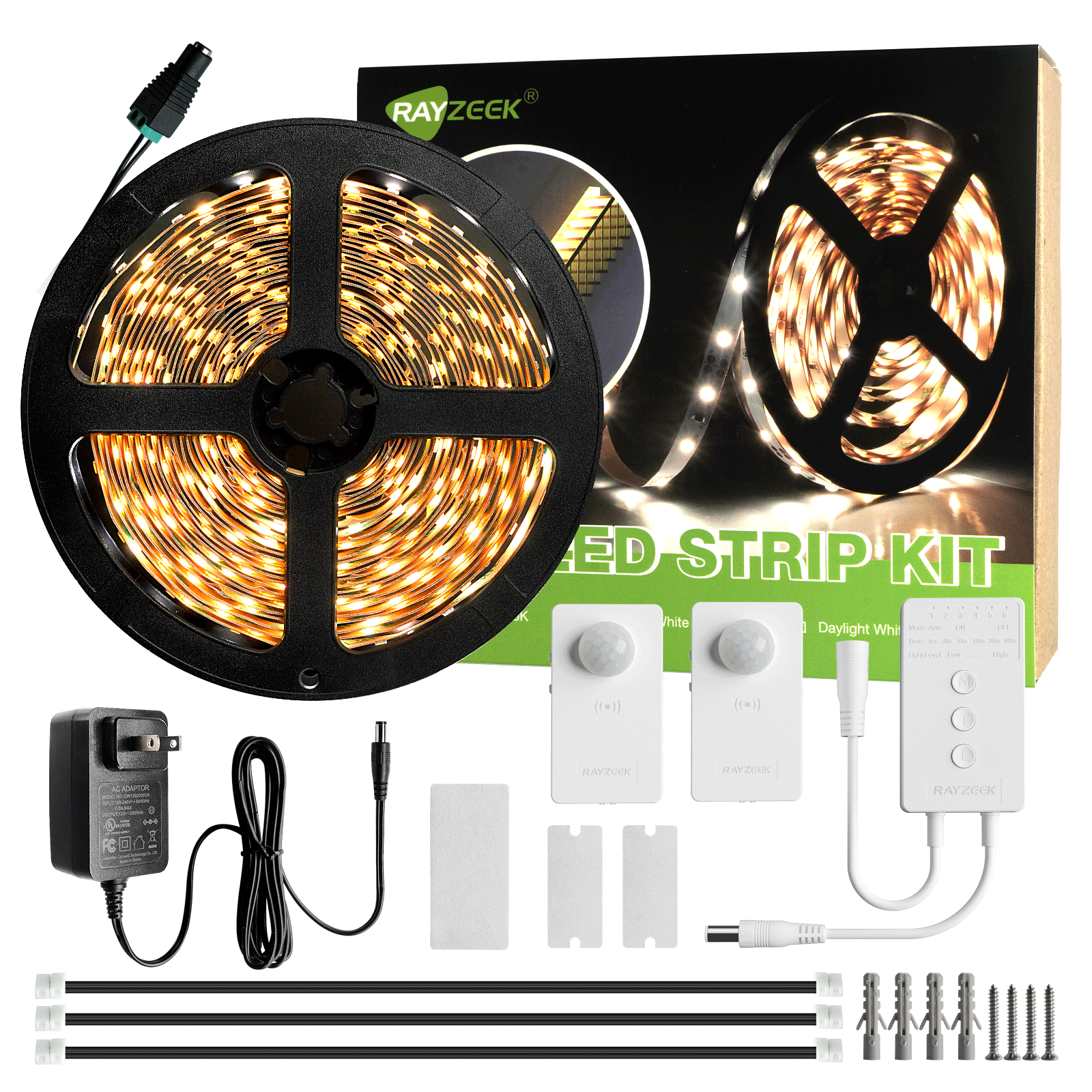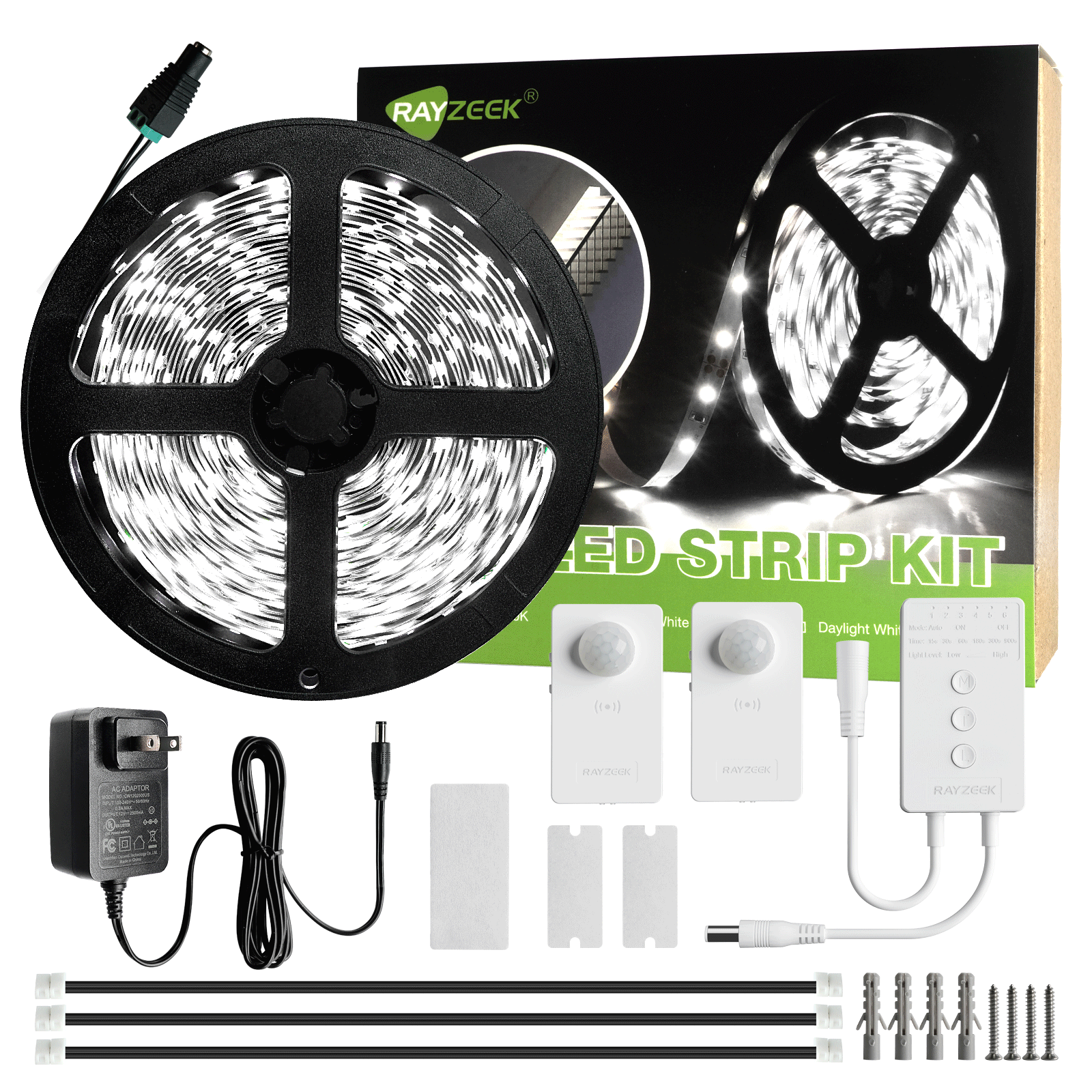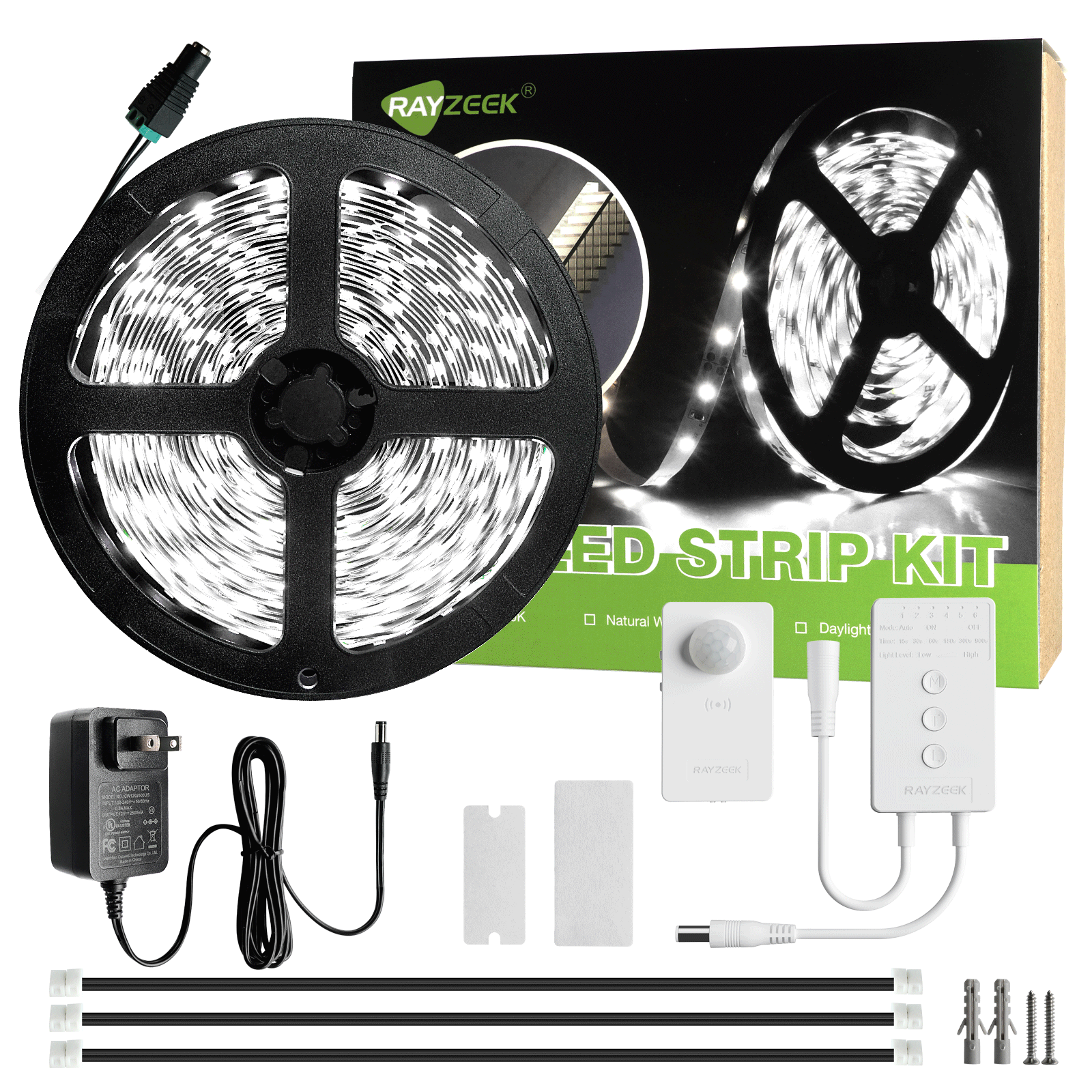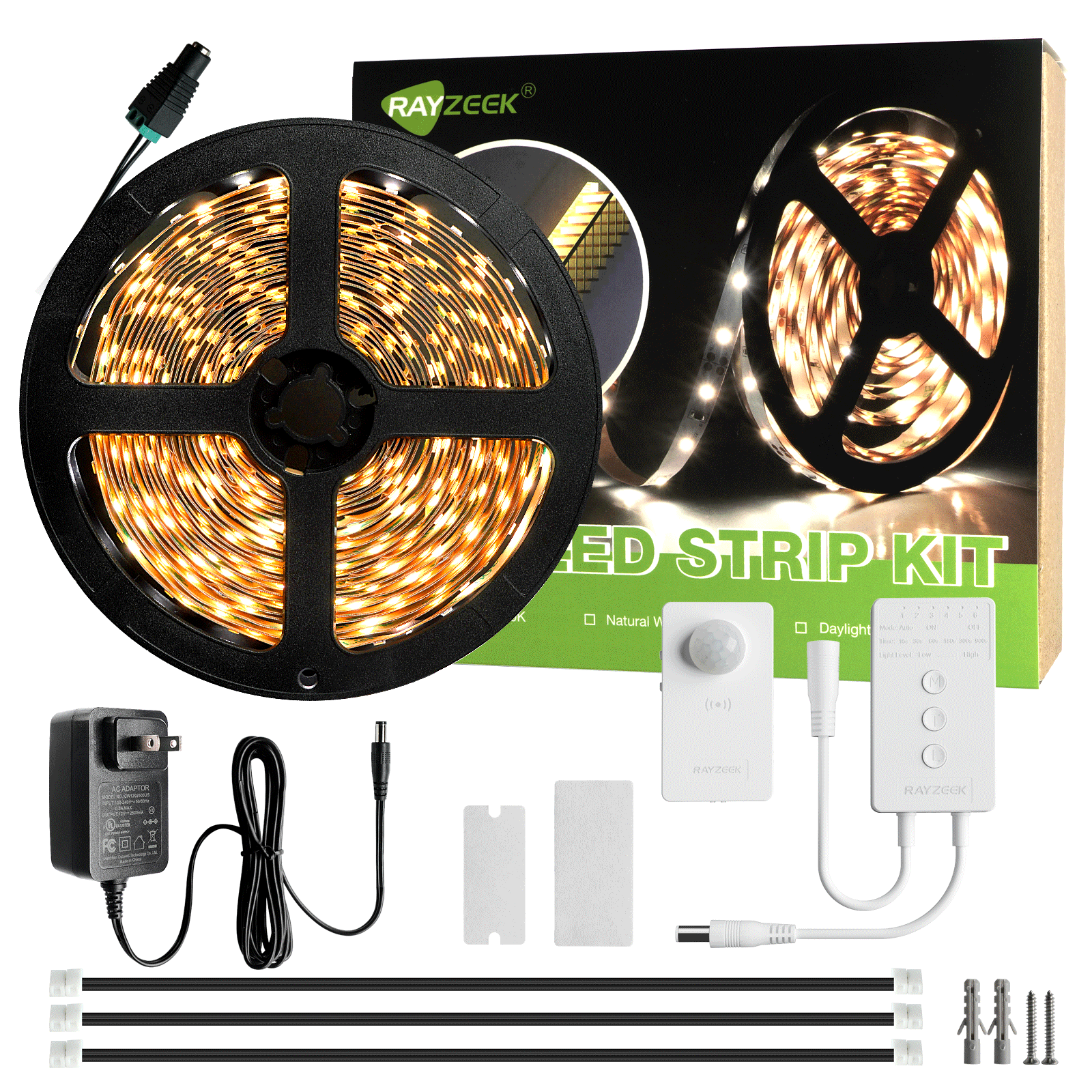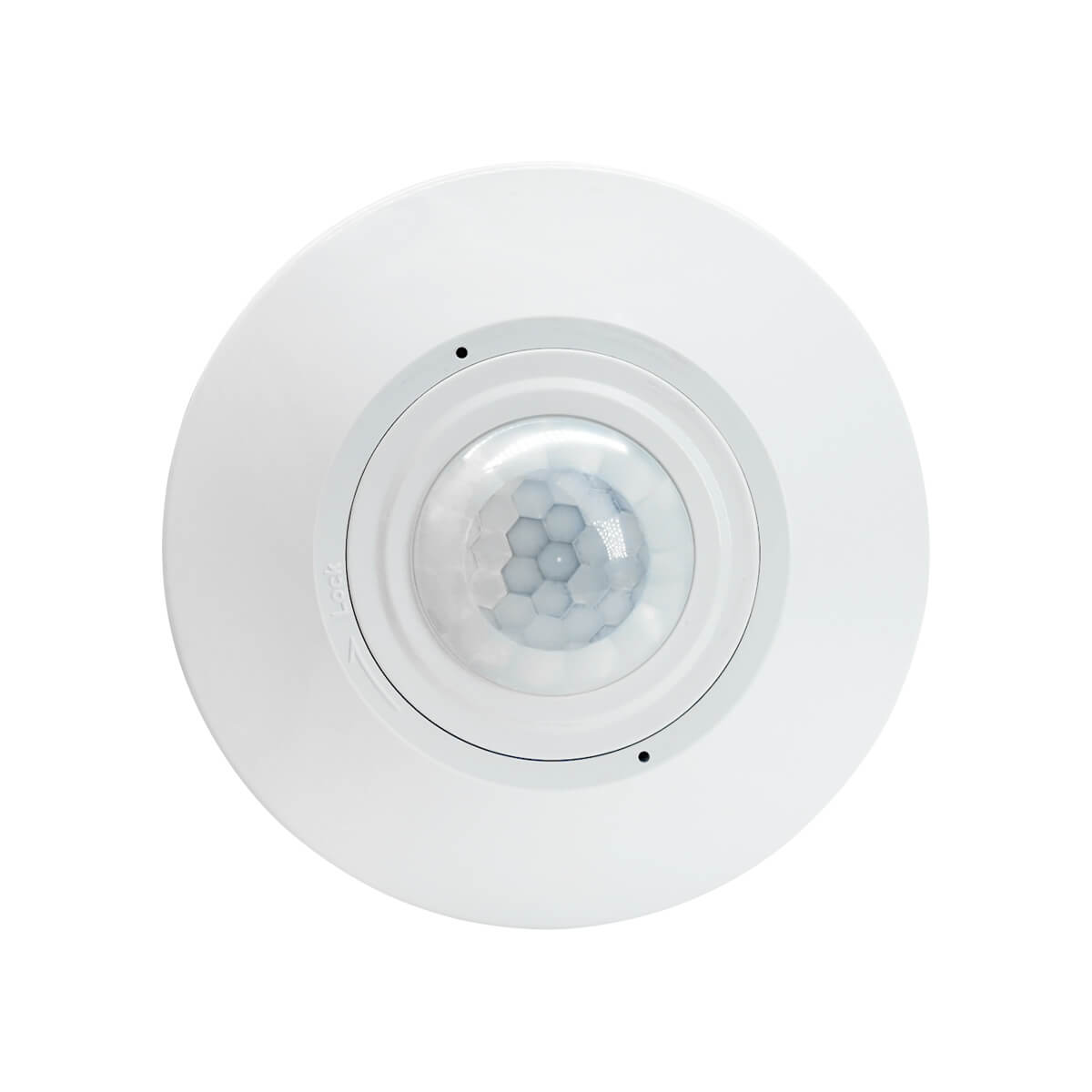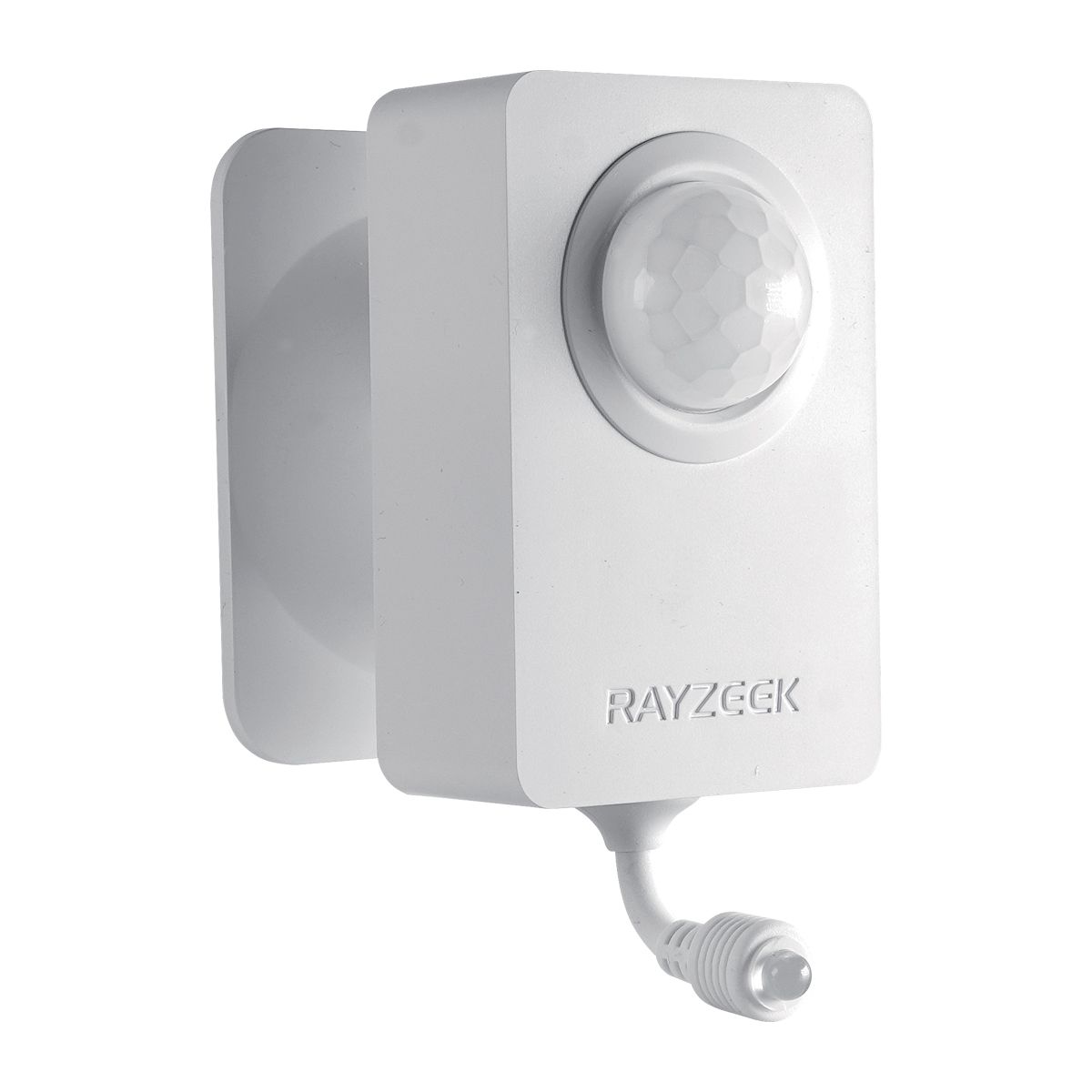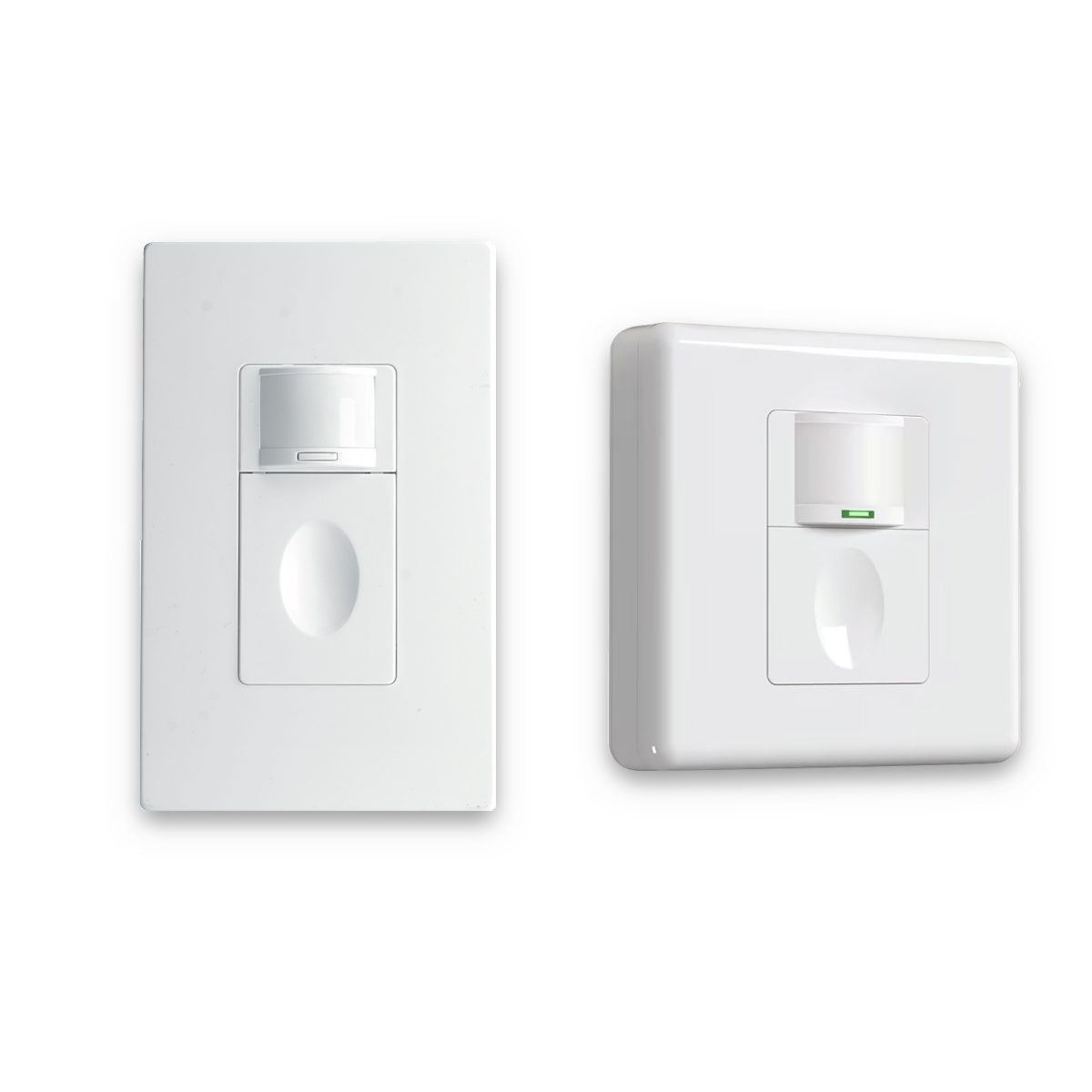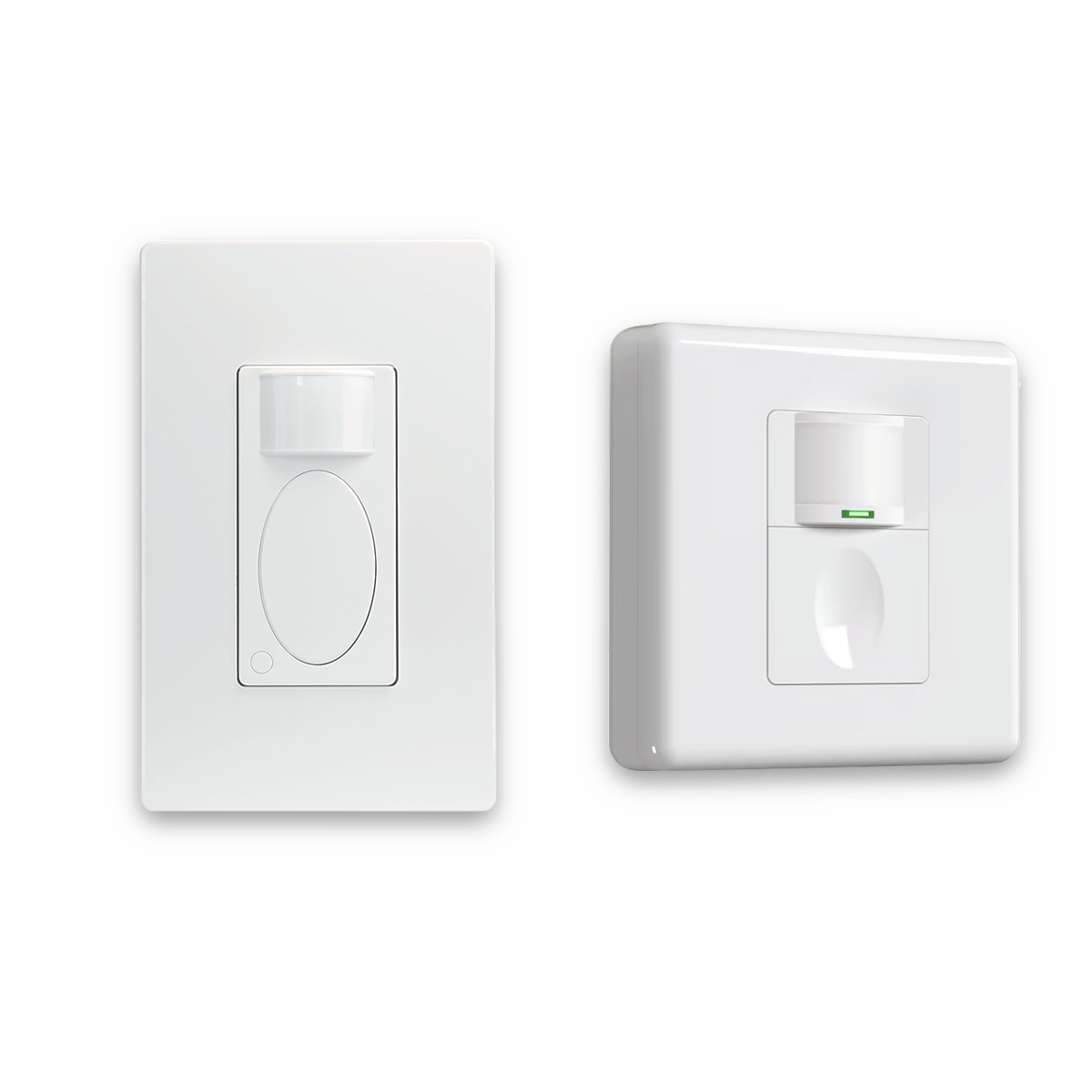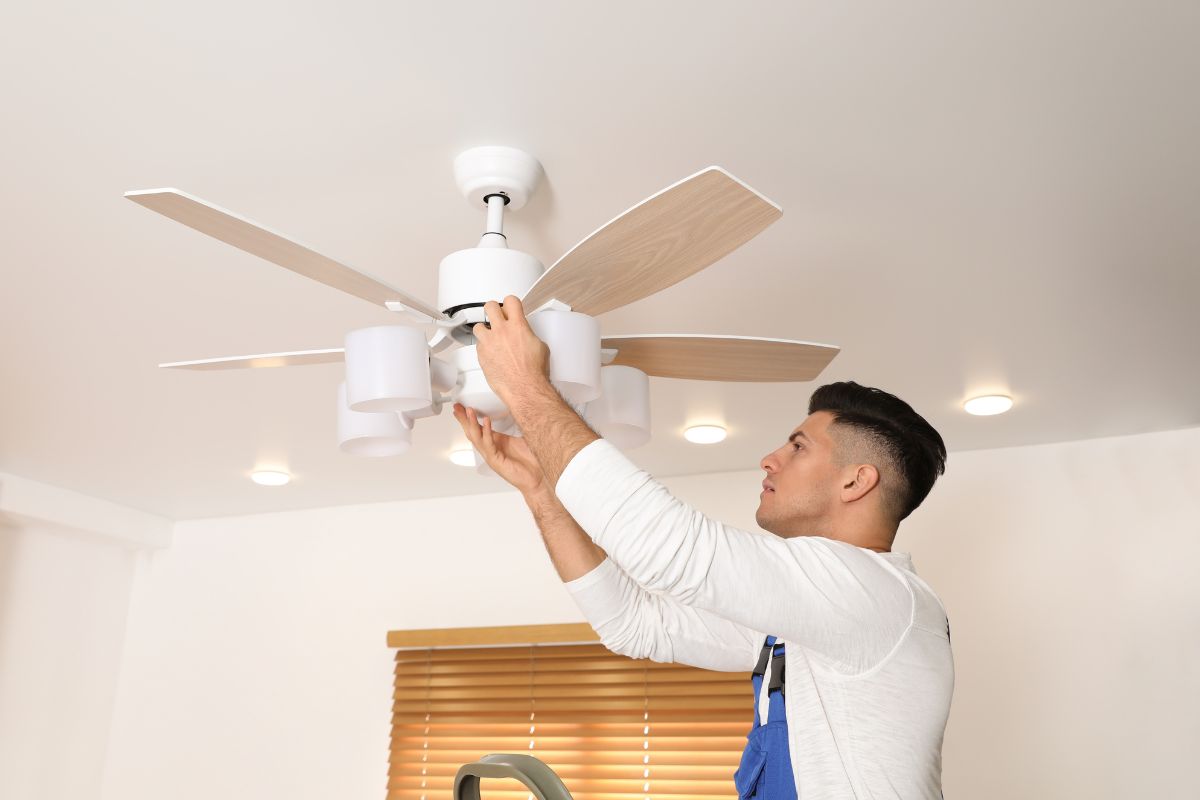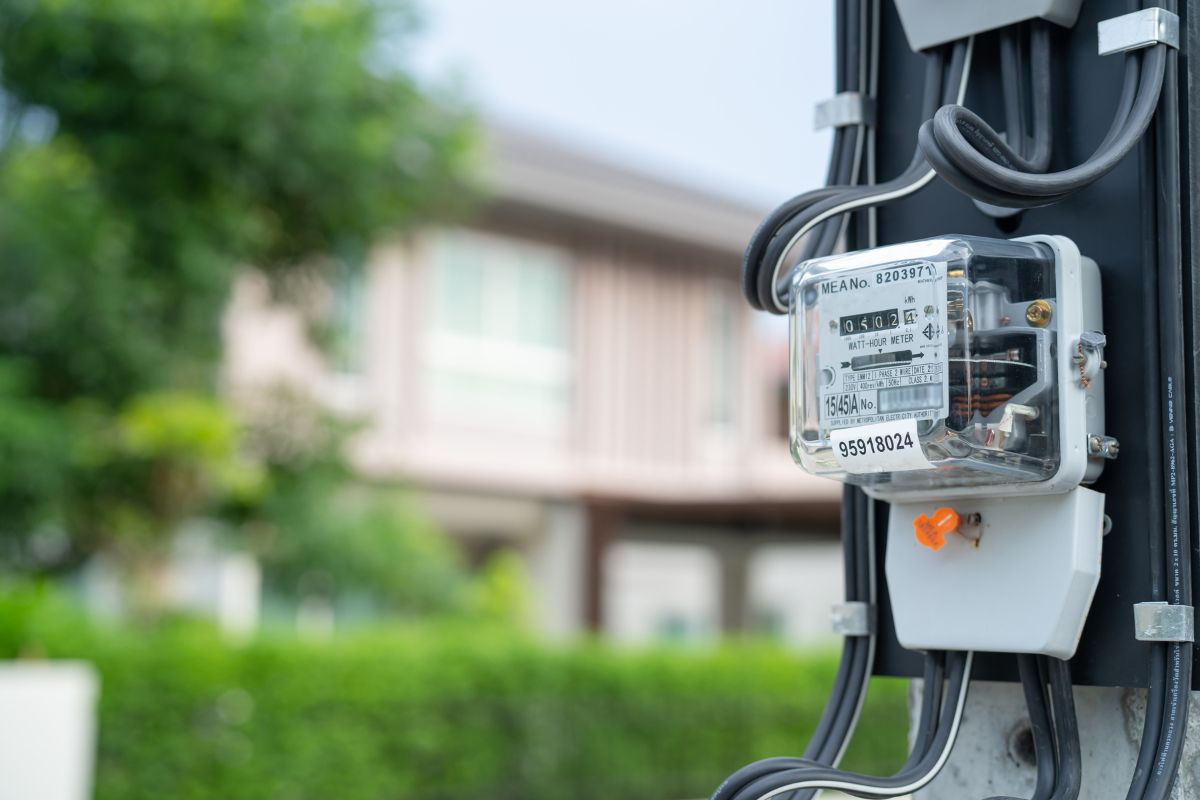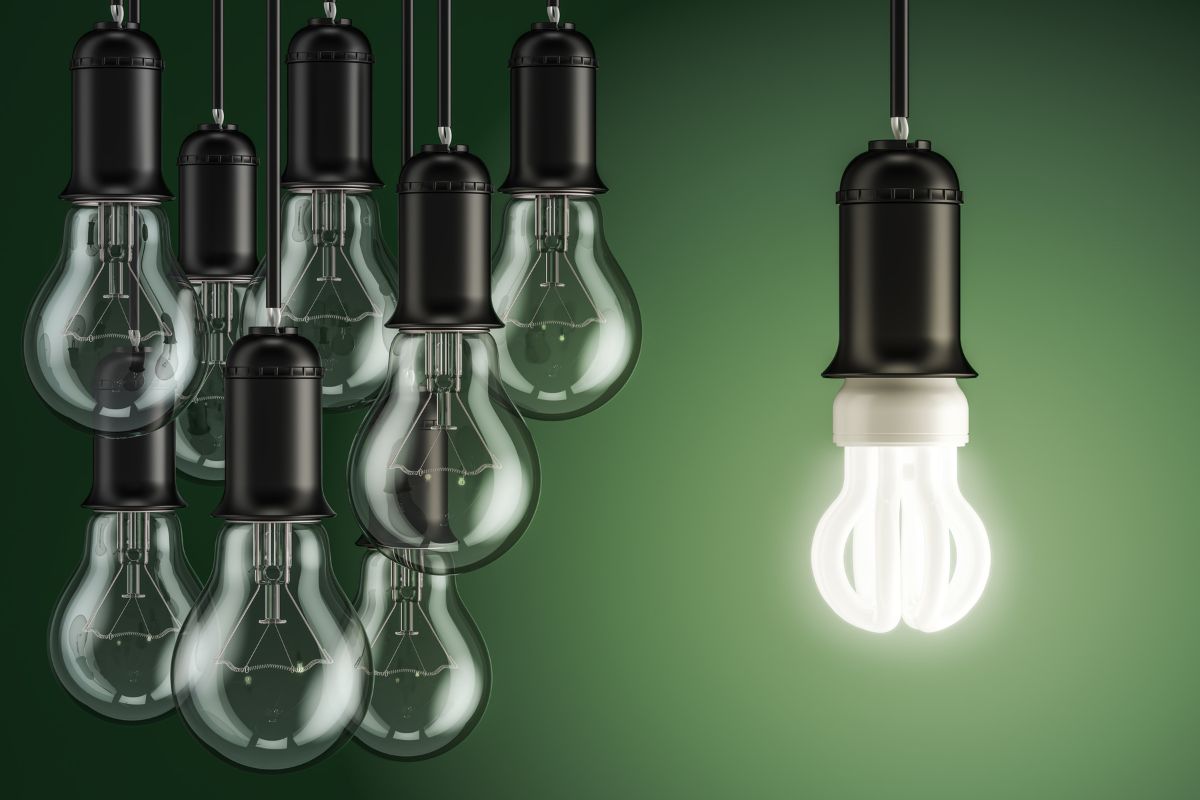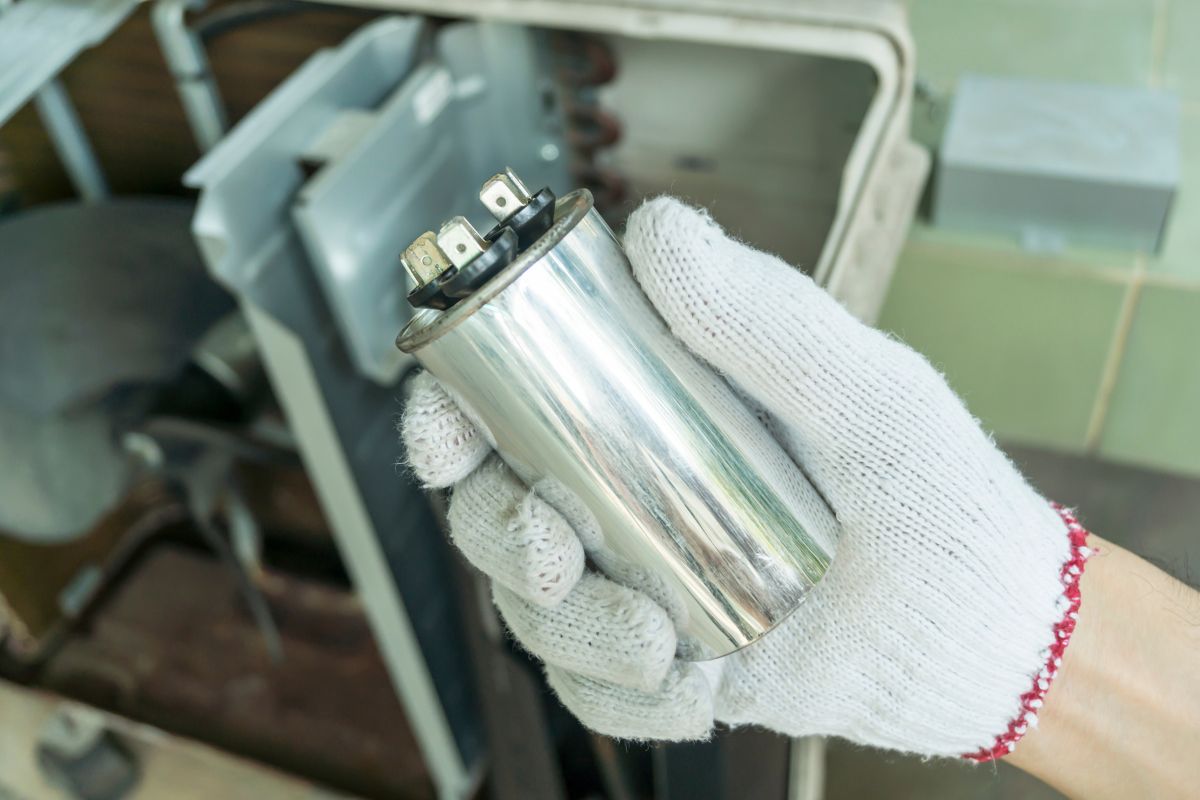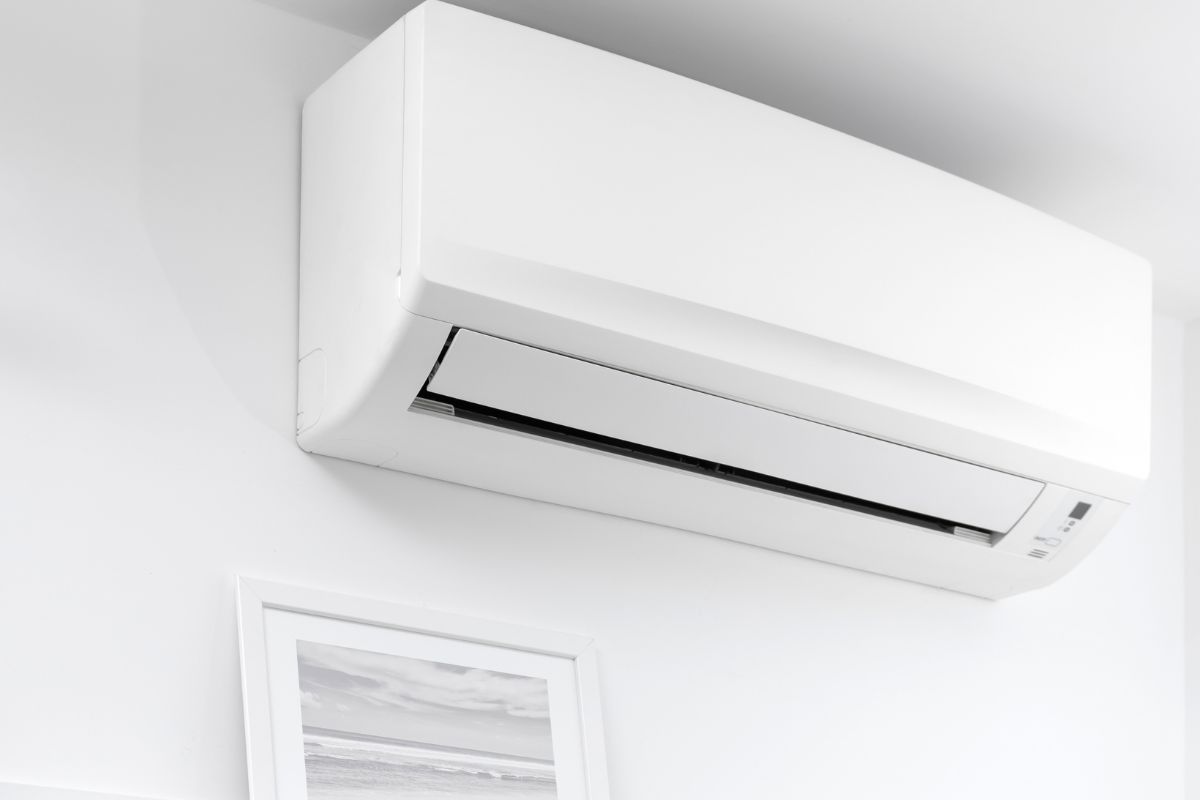What is LM-70
LM-70, also known as Illuminating Engineering Society Standard LM-80-08, is a lingo used in the lighting industry to refer to a standardized method for measuring lumen maintenance of LED light sources. Lumen maintenance is a measure of the light output of a light source when it is new compared to its light output at a specific time in the future. In the case of LM-70, it specifically evaluates the useful lifetime of an LED luminaire in terms of the expected number of operating hours until the light output has diminished to 70% of its initial levels.
Get Inspired by Rayzeek Motion Sensor Portfolios.
Doesn't find what you want? Don't worry. There are always alternate ways to solve your problems. Maybe one of our portfolios can help.
The LM-70 standard was developed by the Illuminating Engineering Society of North America (IESNA), a recognized authority in the lighting industry. It takes into account various factors that can affect the lifetime of an LED, such as operating temperature, drive current, and the technology and materials used in the construction of the LED luminaire.
By providing a standardized method for measuring lumen maintenance, LM-70 allows manufacturers and users to assess the expected lifetime of LED light sources. It enables comparisons between different LED products and helps in making informed decisions about their longevity and performance. It is important to note that LM-70 does not provide an exact prediction of how long an LED will last, as the actual lifetime can vary depending on specific conditions and usage. However, it serves as a valuable tool in estimating the useful life of an LED luminaire and ensuring that it meets the required performance standards.
